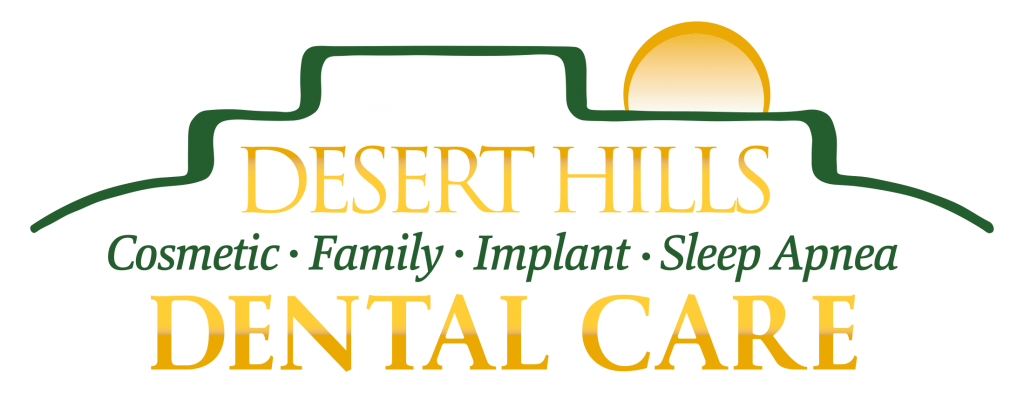Prepare Your Child for Success
A good night’s rest is crucial for child development. Sleep may be restricted for many different reasons, including ADHD and sleep disorders. One of the most common sleep disorders is sleep apnea, which currently affects 7 percent of adults and 1 to 10 percent of children. Fortunately, awareness of the disorder is growing, and more patients are noticing their symptoms and seeking professional help. If your child struggles to sleep at night, they may be suffering from sleep apnea, which can not only disrupt their sleep but also wreak havoc on their health.
That’s why providing your child with the sleep apnea care they need is important to the experts at Desert Hills Dental Care. Our sleep apnea dentist in Farmington, NM provides New Mexico patients and their children from Bloomfield, Aztec, Upper Fruitland, and the surrounding areas with effective treatment at our Farmington dental office.
How Sleep Apnea Affects Your Child
The majority of children with sleep disorders suffer from obstructive sleep apnea (OSA). Those who suffer from this type of sleep apnea have an obstruction in their airway that causes lapses in breathing during sleep. When airflow is restricted, your blood oxygen levels drop. This can cause severe health complications including shortness of breath and weakened heart function.
OSA can cause developmental and behavioral issues in your child, as well as adversely affect their well-being. This sleep disorder can make them groggy, lazy, and irritable during the day. Unfortunately, medical professionals commonly misdiagnosed OSA as ADHD (Attention Deficit Hyperactivity Disorder) in children. However, recent studies may have found a link between the two conditions.
OSA Symptoms in Children
Children show a lot of the same OSA signs as adults: loud snoring, restless sleep, and daytime drowsiness, among others. Other common symptoms of OSA in children are as follows:
- Excessive sweating
- Mouth breathing
- Sleepwalking
- Poor attention span
- Academic & behavioral issues
- Weight gain
- Bed Wetting
Causes of Childhood Sleep Apnea
Sleep apnea is often linked to developmental issues in children. For example, if your child’s tongue is enlarged or too small, it can lead to the development of OSA. Abnormally sized jaws, tonsils, or any other part of their oral structure can be at fault as well.
Contrary to adults with OSA, children with OSA regularly suffer from enlarged tonsils or adenoids. In these cases, surgery is often required. Additionally, obesity is another contributor to sleep apnea development due to the excess fat around the neck area.
Treating Sleep Apnea in Children
Sleep dentists like Dr. Schumacher are often the first to identify a developmental issue that can result in sleep apnea because they specialize in the airway, where OSA occurs. If Dr. Schumacher notices any of the signs of sleep apnea, he’ll recommend a sleep study in order to confirm his suspicions.
Once we have a proper diagnosis, we can work towards effective treatment using a personalized oral appliance. This device prevents the throat from becoming obstructive by keeping the tissues of the mouth and throat in place.
Frequently Asked Questions
Can children outgrow sleep apnea?
If treatment occurs early enough, children may outgrow obstructive sleep apnea. This is especially likely for younger children, as their throats are still developing. Untreated sleep apnea can result in behavioral problems and health complications which is why getting a proper diagnosis and treatment is crucial.
When you visit Desert Dental Care we can provide your child with an oral appliance to help alleviate their symptoms and improve their sleep.
What are the different types of sleep apnea?
Sleep apnea is a sleep disorder where the body stops and restarts repeatedly throughout the night, sometimes occurring as many as 30 times or more an hour. There are three types of sleep apnea:
- Obstructive Sleep Apnea (OSA)— The most common form of sleep apnea and it occurs when the tissues of the throat and mouth over-relax, causing an obstruction in the throat.
- Central Sleep Apnea (CSA)— This form requires a specialist as symptoms occur due to an underlying neurological issue. During sleep, the muscles responsible for breathing aren’t getting the signal from the brain leading to sleep apnea episodes.
- Mixed or Complex Sleep Apnea (MSA)— As the name suggests, a patient may be diagnosed with this type of sleep apnea if they are showing signs of both OSA and CSA.
A sleep study can confirm whether or not your child has sleep apnea and at Desert Hills Dental Care we can treat OSA so that your child gets the sleep they need.
Protect Your Child’s Sleep Today
Sleep plays a vital role in the early stages of your child’s life. Set them up for success by scheduling a consultation with our Farmington, NM dentist. Dr. Schumacher at Desert Hills Dental Care is a qualified sleep dentist dedicated to helping his patients get quality sleep and protect their health.
Thanks to our convenient office in Farmington, NM we can help New Mexico patients and their children from Bloomfield, Aztec, Upper Fruitland, and the surrounding areas get the quality sleep they deserve. If your child is showing signs of sleep apnea, we’ll ensure they get the diagnosis and treatment they deserve. Call our Farmington office today at (505) 427-2936 or fill out the form below to schedule a consultation with Dr. Schumacher.
